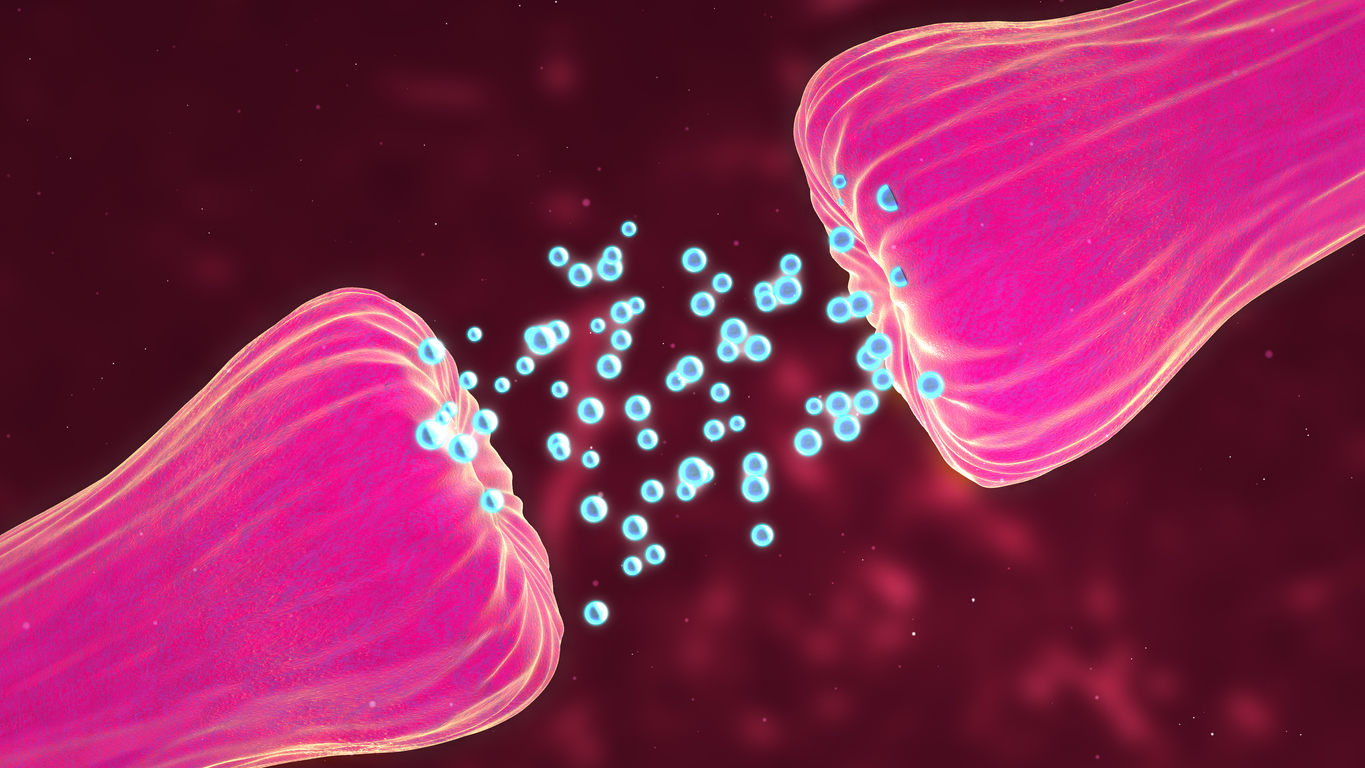As part of a broader study, researchers asked the parents of 134 children with ADHD symptoms to fill out a detailed questionnaire on the typical foods and portion sizes their children consume for ninety days. This questionnaire was created to collect information regarding children’s diets.
In a second poll, we asked parents to rate how often their children showed signs of inattention, which is one of the distinguishing markers of ADHD. Disobedience, forgetfulness, and emotional instability are examples of these indicators.
Children who ate more fruits and vegetables had fewer severe symptoms of inattention, according to Irene Hatsu, co-author of the study and associate professor of human nutrition at The Ohio State University.
Eating a well-balanced diet rich in fruits and vegetables, according to Hatsu is one way to ease some of the symptoms of ADHD.
The study was just published in the journal Nutritional Neuroscience online.
The Micronutrients for ADHD in Youth (MADDY) study examined the effectiveness of a 36-ingredient vitamin and mineral supplement in treating ADHD symptoms and poor emotional regulation in 134 children aged 6 to 12.
According to the study, children who received the micronutrients showed three times higher improvement in their ADHD and emotional dysregulation symptoms than those who received a placebo. This research was first published in the Journal of the American Academy of Child and Adolescent Psychiatry in December 2017.
Children from lower-income homes were more likely to show significant evidence of emotional dysregulation, according to another study involving the same children. Chronic irritability, strong emotions, and angry outbursts are some of the signs. The outcomes of this study were published in the journal Nutrients earlier this year.
According to Hatsu, the outcomes of all three studies go in the same direction: feeding children a nutritious diet that meets all of their nutritional needs can help them cope with their attention deficit hyperactivity disorder symptoms (ADHD).
The findings of this new study suggest that it’s important to look into the children’s food access and diet quality to see if these factors are contributing to the severity of their illnesses.
Researchers from Columbus, Ohio, Portland, Oregon, and Lethbridge, Alberta, Canada searched for children who fit the diagnostic criteria for ADHD as part of the MADDY study. Between the years of 2018 and 2020, the study was carried out. All of the people were either drug-free or had quit using drugs two weeks before the investigation began.
The data gathered before the children were given the micronutrient supplement or a placebo served as the foundation for subsequent research on fruit and vegetable consumption as well as the impact of food poverty.
Why is food thought to be so important in ADHD?
Attention deficit hyperactivity disorder (ADHD) is likely to be linked to low levels of particular neurotransmitters in the brain, according to Hatsu. Vitamins and minerals are necessary cofactors in the body’s production of these critical neurochemicals, as well as the brain’s overall function.
Inadequate food access is another aspect that could have an impact.
ADHD youngsters are no different than other children in this regard; they feel irritable when they are hungry. If patients do not eat enough, their symptoms will worsen.
Additionally, parents’ fears of not being able to provide adequate nutrition for their children can lead to family strife, which can exacerbate the symptoms of attention deficit hyperactivity disorder in children.
According to Hatsu, the MADDY research is one of the first in the United States and Canada to look into if there is a link between ADHD symptoms and children’s nutritional health.
She went on to say that this is significant because Western diets are less likely to include fruits and vegetables than diets from other countries, such as the Mediterranean diet.
If families can provide a healthier diet and have more food security, some symptoms may be easier to treat.
Enjoyed this article? Find the latest science news and other articles like this on Scible News
References
Lisa M. Robinette, Irene E. Hatsu, Jeanette M. Johnstone, Gabriella Tost, Alisha M. Bruton, Brenda M. Y. Leung, James B. Odei, Tonya Orchard, Barbara L. Gracious & L. Eugene Arnold (2022) Fruit and vegetable intake is inversely associated with severity of inattention in a pediatric population with ADHD symptoms: the MADDY Study, Nutritional Neuroscience, DOI: 10.1080/1028415X.2022.2071805







